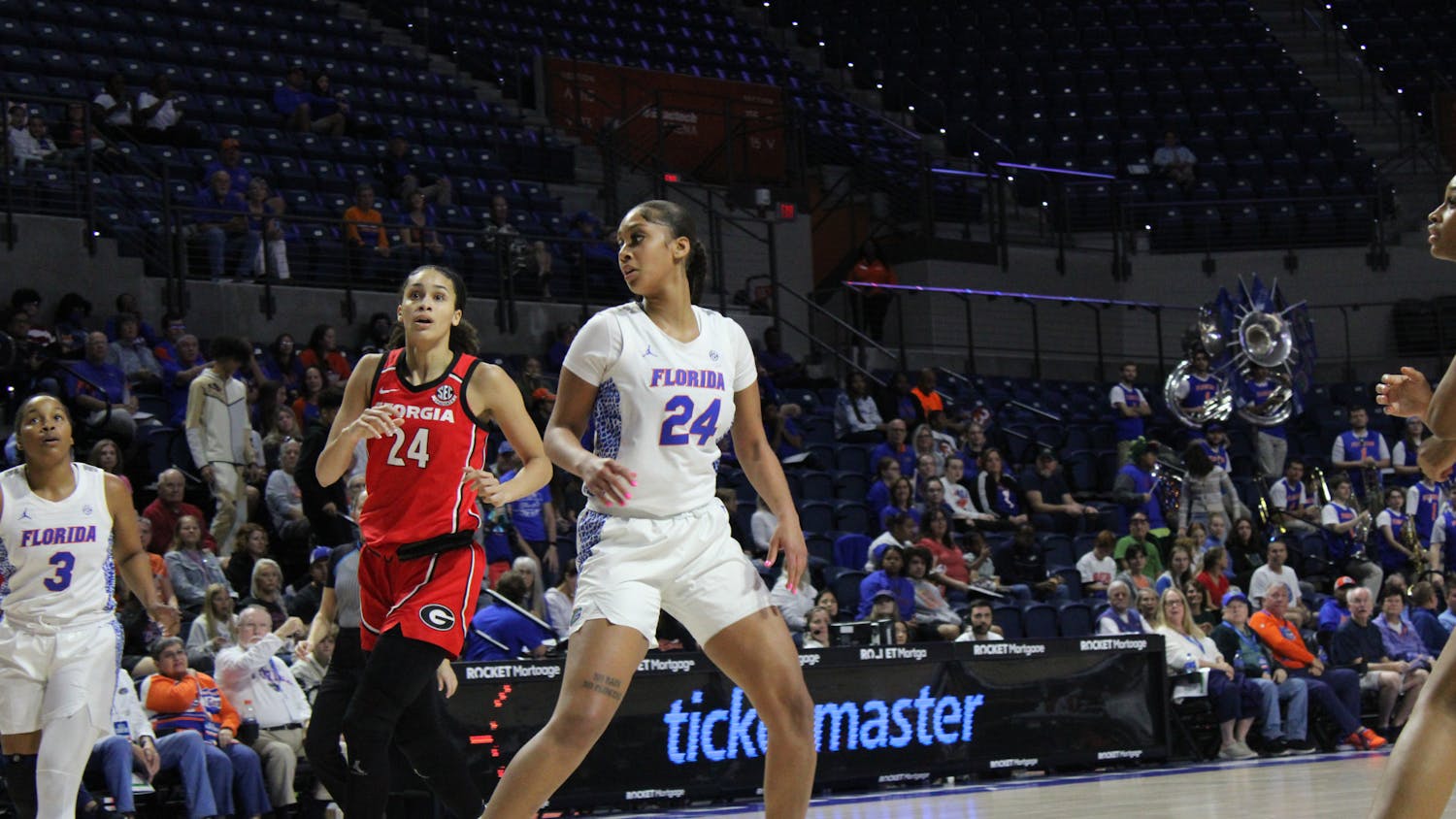Instead of doing the predictable thing and giving my hot take on the election results, which will undoubtedly echo that of people in my similar demographic, I’m going to talk about memes.
Love ’em, hate ’em, slightly confused by ’em… There’s no denying that they are plastered across every medium of the digital world (and sometimes seep into the real world). They’ve evolved greatly since cheeseburger cat and the troll face of the early 2000s. Now, we’ve had the nationwide mourning of a gorilla for nearly six months, images of a popular childhood show coupled with lewd text and most recently, photos of Vice President Joe Biden presented with dialogue about preparing for President-elect Donald Trump.
No one can really place what the first meme was, but memes have definitely grown and prospered since their inception. In the beginning, memes were very localized to certain social media outlets like Reddit, Tumblr and 4chan. The memes would blow up on each one, and if a meme was powerful enough, it would trickle down to more mainstream social networks like Facebook and Twitter. There was a time period when I’d see a meme on Tumblr and then again on Facebook a few months later, and I had that small — very sad — satisfaction of telling my sister I had already seen it.
But now memes are more mainstream. Corporations have caught on; news outlets are aware of them. What used to be little inside jokes among the more “underground” — and I use that term very loosely because they have millions of users — social media outlets has perforated mainstream media. Whether you’re someone who actively searches out new memes or someone who gets annoyed every time your roommate tags you in the latest one, it’s quite obvious that they are everywhere. Companies use memes to market to millennials. A good majority of election information I saw was in meme form; there are respectable news outlets that publish compilations of memes.
There is no escaping the power of the meme.
It’s a hard concept to explain to older people — sure, they can see the humor in some of the more obvious memes, but phenomena like “dat boi,” the unicycling digital frog whose origins are still dubious, and Harambe, who surged in popularity months after his death, are difficult to explain to those who just don’t get it. What’s so attractive about memes? Why do they hold our attention for so long? Why is it that when one dies, another rises, more beautiful and glorious, to take its place?
I don’t know the answer, but I can theorize. People love inside jokes, and memes are basically inside jokes the whole world knows. They started out as cool, underground things but surged in popularity in the last year or so. In a way, memes are coping mechanisms. A lot of really popular memes have some level of desperation, some level of sadness and existential dread covered up by layers and layers of humor and absurdism. The image of the dog saying “This is fine,” clutching onto a cup as the world around him goes in flames, is a popular one among millennials, who understand that no, this is not fine, but we sure as heck aren’t going to openly deal with that.
Most recently, we have the Joe Biden memes, surging out of the results of the election. As unlikely as it is and as absurd as it looks, the idea of Joe Biden building “Home Alone”-type booby traps to keep Donald Trump out of the White House speaks to us.
We want to be in on the joke. We recognize how ridiculous memes are, but then again, isn’t life pretty ridiculous? We refuse to accept the absurdity of our own lives — or maybe we do, and we just push it away. So we create jokes for the whole world to get in on, and we get in on the jokes that others have created. Now especially, with the results of an election no one really expected, with half the country in dissent, now is when we turn to the absurd in order to garner some sort of understanding and cope with it all.
Petrana Radulovic is a UF English and computer science senior. Her columns appear on Thursdays.





